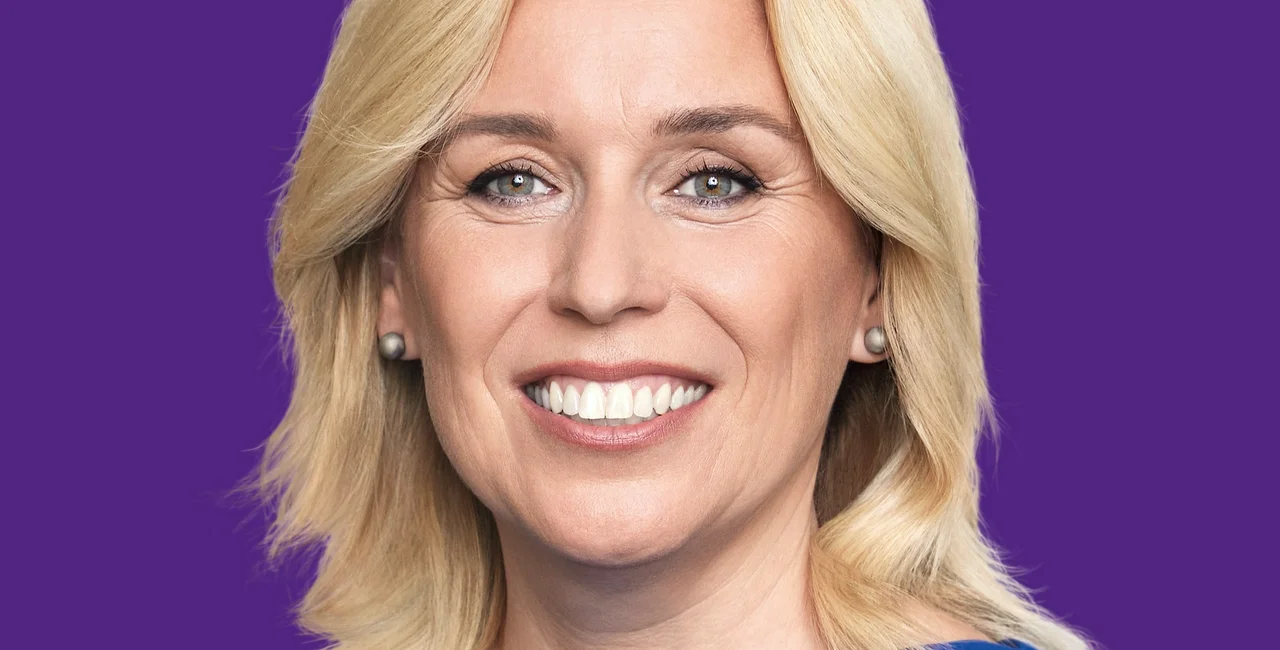In the early days of the race to become the next Czech president, two names dominated discussions. Controversial former Prime Minister Andrej Babiš (despite not formally announcing his presidential bid until October) and retired army general Petr Pavel were seen as favorites. But now, polls suggest the odds are shifting.
Former Mendel University rector Danuše Nerudová has rapidly gained support, and some polls now put her in top spot for the presidency. A recent poll by Česká televize put Nerudová in first place, with 27 percent of voters saying they would vote for her in a first round to be held on Jan. 13 and 14, ahead of Babiš and Pavel, both on 26.5 percent.
PARTNER ARTICLE
The presidential race will likely not be decided in one round, though, so the outcome of the second round run-off will be key. A new poll by the STEM polling agency suggested that Nerudová – particularly popular among the younger generation – would beat both Babiš and Pavel in a run-off.
DÄ›kuji za rostoucà podporu i v pÅ™Ãpadném druhém kole! ðŸ™ðŸ» pic.twitter.com/guKYFmBes9
— DanuÅ¡e Nerudová (@danusenerudova) December 18, 2022
Nerudová’s ascendency may come as a surprise. The most likely scenario was long thought to be a second-round run-off between Babiš and Pavel; back in May, Nerudová was only polling at 3.5 percent. But controversies swirling around those other candidates may leave an opening for Nerudová to become the country’s first-ever female head of state.
A fresh start for Czechia?
A large part of Nerudová’s appeal lies in her relative lack of controversy compared to the two other main candidates. In 2017, she became the youngest university rector in Czechia, and if the 43-year-old wins the presidency, she will become the nation’s youngest-ever head of state.
Her time as Mendel University rector is not free from controversy and criticism, though. The university was investigated for suspicions of plagiarism in doctoral theses during her time as the university head, and some called Nerudová’s leadership skills into question.
But her past is still less complicated than that of her rivals for president. Babiš is currently on trial for allegedly assisting in EU subsidy fraud; it’s claimed a company was transferred out of his Agrofert conglomerate to become eligible for EU funds in 2007.
Babiš denies any wrongdoing in the affair. At the same time, the ANO party leader has long been accused of having acted as a secret service collaborator under the communist regime of Czechoslovakia.
Controversy relating to Czechia’s communist past has also dogged Pavel’s presidential campaign. Pavel openly admits his membership of the Czechoslovak Communist Party prior to the Velvet Revolution; he claims membership was required for him to pursue his military career.
But peers have recently claimed Pavel was more ideologically involved with the Communist Party than he suggests. It’s alleged that Pavel was trained as a spy to NATO countries in the final years of the communist regime, a charge which Pavel denies. Pavel later became Head of the NATO Military Committee and is a staunch advocate of Czechia’s place in the political West.
A woman in the Castle
Czechs’ hunger for a relatively unblemished alternative gives Nerudová the potential to pick up support from people across the political spectrum. Still, Nerudová appeals primarily to the more progressive parts of Czech society, advocating for the protection of the LGBTQ+ community, Czechia’s green energy transition, and Western partnerships.
A similar desire for something different was responsible for the clearest parallel to Nerudová’s presidential run; the victory of Zuzana Čaputová in Slovak presidential elections in 2019. Čaputová swept to victory as a voice of decency and common sense, after a scandal caused by the murder of a journalist forced the resignation of the nation’s prime minister.
Still, according to Jan Kovář, Deputy Research Director at Prague’s Institute of International Relations, Nerudová’s growing support is no guarantee of success, especially if she makes it through to the second-round run-off.
“The first round is different to the second; when it’s one-on-one, certain issues can come to the fore,” he points out. “I’m quite skeptical of the accuracy of polling in Czechia, but based on the polls so far, I believe Pavel would stand a better chance of beating Babiš in the second round.”
Kovář predicts that Nerudová’s lack of experience in the combative arena of politics could be the biggest obstacle to victory. “Babiš would probably lead a very aggressive campaign in the second round against either Pavel or Nerudová,” Kovář says.
Boosting female representation
As the female presidential candidate with the greatest chance of winning in the history of Czechia, Nerudová could usher in a new era of female representation at the highest level of Czech politics.
Women have been sorely underrepresented in the past, and the proportion of women in the Czech Chamber of Deputies is still only 25 percent, far behind the proportions seen in some western European nations. Incredibly, only two out of 17 members of the current Cabinet are women.
Still, representation for women is on an upward trend. More female candidates than ever ran in the 2021 general elections, and the proportion of female members of parliament is also the highest ever. Victory for Nerudová would cement this change by finally putting a woman in the country’s highest office.












 Reading time: 4 minutes
Reading time: 4 minutes 































